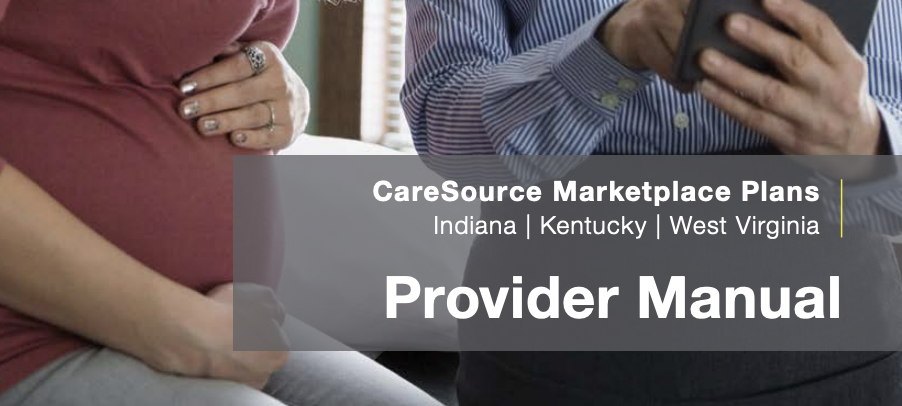Addiction treatment providers must share certain Protected Health Information (PHI) with payers in order to seek reimbursement for patient care. However, PHI is a heavily protected class of information subject to HIPAA laws both within addiction medicine and the larger world of health care. HIPAA violations - like accidentally sharing non-shareable PHI with a payer - are not only unprofessional and embarrassing, they also come with heavy fines and professionally catastrophic consequences.
While each payer will articulate their shareable client information policies in a slightly different way, most adhere to the same basic principles when it comes to information sharing and PHI disclosure with addiction treatment providers.
Today, we’ll look specifically at how CareSource Management Group treats PHI, what their shareable client information policies are and how they affect addiction treatment providers.
Consult CareSource Management Group’s Provider Manual for Shareable Client Information Policies
CareSource Marketplace Plans Health Provider Manual has an entire section dedicated to understanding shareable client information policies. All of the information in the provider manual regarding shareable information is relevant to addiction treatment providers. While the provider manual covers PHI and information sharing policies in a number of places, the best and most concise summary of CareSources’ shareable client information policies comes on page 88 under “CareSource Patient Rights and Responsibilities.”
Circumstances When Addiction Treatment Providers Are Required to Disclose Patient Information to CareSource
Because all parties involved in an interaction between an addiction treatment center and an insurance payer are HIPAA covered entities, all addiction treatment centers may share patient information with CareSource for the purposes of “treatment, payment or health care operations.” This type of patient information sharing is permitted by HIPAA regulation 45 CFR 164.
Specifically, you may disclose PHI and/or PII to CareSource under the following circumstances:
To support treatment
To seek payment
To conduct general healthcare operations
For payer quality assessment programs
For payer quality improvement programs
In the context of population-based inquires designed to improve health
In the context of population-based inquires designed to manage the cost of care
General case management inquiries
All payer and provider-initiated care coordination activities
In other words, most of the interactions addiction treatment providers have with payers like CareSource are considered legitimate occasions to share client information.
Client Information Regarding Sensitive Health Diagnoses Like SUD Always Require Special Disclosure Consent with CareSource Management Group
As most addiction treatment providers well know, all patients usually sign an Authorization to Disclose Protected Health Information form upon intake. There are many variations to this form, depending on local regulations, but most forms are remarkably similar. On these authorization forms, there is usually a special section concerning sensitive health diagnoses like substance use disorder, genetic testing results, HIV/AIDS, mental health concerns and STDs and STIs. It’s important that addiction treatment providers always encourage patients to specifically initial these sensitive health diagnoses before sharing sensitive health diagnoses with payers, clinicians or anyone else involved in patient care.
How to Check if a Client Has Consented to Sharing Sensitive Information with CareSource Management Group
Caresource Management Group’s provider portal records all health record sharing consent information for patients. You can access the provider portal by logging into the provider portal on Caresources’ website. Search for the patient under the Member Eligibility option. If the patient has not consented to health record sharing, then a message will appear stating as much.
Still Confused About Shareable Client Information Policies at CareSource Management Group?
We Can Help.
BehaveHealth’s Revenue Cycle Management (RCM) service includes soup-to-nuts, hyper-detailed, hands-on attention to every single component of your addiction treatment billing needs. We have strong working relationships with every major insurance company in the United States.
Even better, we’re not health care generalists. We only work for behavioral health providers like you.
Let our team of specialists handle it all:
Verification of Benefits
Utilization Review
Billing and Collections
Patient Responsibility
Denials and Appeals
Get your free trial started today and see why more addiction treatment centers prefer Behave Health.





